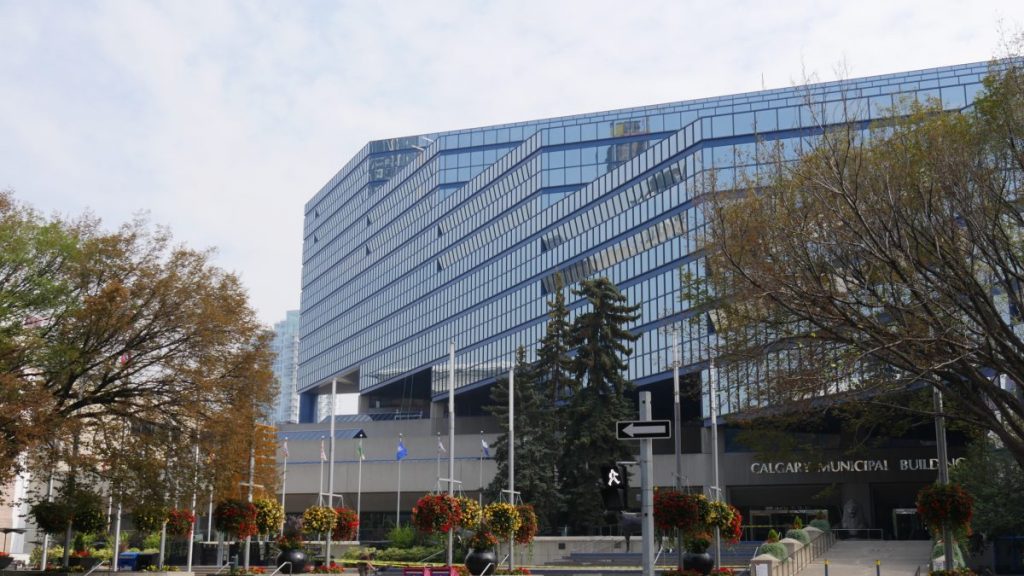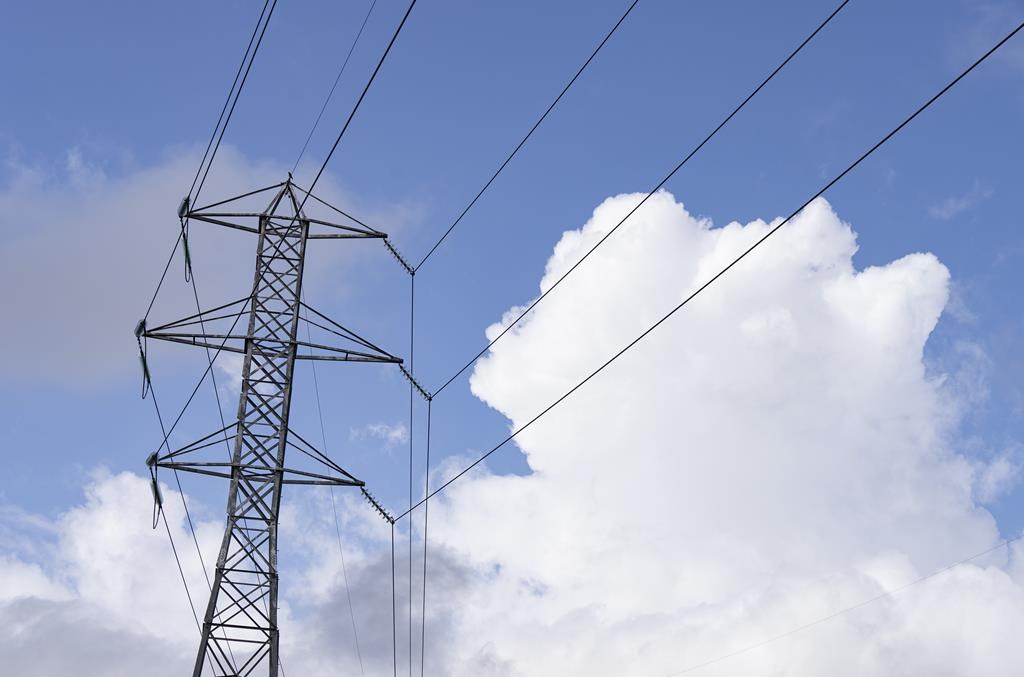Hunter uses harpoon to save rescuer in narrow escape from Hudson Bay ice
Posted Jan 10, 2013 5:48 pm.
This article is more than 5 years old.
ARVIAT, Nunavut – A tool normally used to take a life saved one this week when an Inuit hunter stranded on a drifting ice floe grabbed his harpoon to save a helicopter pilot who had come to rescue him.
“I’ve gone through quite a bit of stuff,” said Joe Karetak, 51, of Arviat, Nunavut. “This might be one of the more difficult ordeals I’ve had to endure.”
Karetak and his son Joe Jr., 20, set out Tuesday morning to hunt seals off the shoreline of their Arctic hamlet midway up the west coast of Hudson Bay. The two enjoyed early success when Joe Jr. potted a nice, fat one just off the floe edge, and the hunters set out in their four-metre-long dinghy to pick up the carcass.
Karetak knew the water in the area could be treacherous, but he wasn’t prepared for how quickly the cold crusted the ice on the sides of their boat or for how the wind suddenly sprang up. Then the tide began to shift and the wind began to blow the two out to sea.
To top it off, that seal carcass was so big it weighed the boat down, allowing waves to splash into it. And the seal quickly froze underneath one of the boat’s thwarts, making it impossible to remove.
“I thought we were going to sink right now,” said Karetak from his safe, warm home in Arviat. “Every time a wave hit us, it was going into the boat.”
Looking around for something to bail with, he spotted a motor oil container he used for his snow machine. He cut off the top, drained the oil, and Joe Jr. started bailing like crazy.
“It was the only thing that kept us from sinking.”
For awhile, the two drifted, knee-deep in icy water, chipping ice off the sides of the boat with their pocket knives. After more than six hours, they bumped into an ice floe and scrabbled in the darkness until they found a patch solid enough to support their weight.
There was nothing to do but walk.
“We couldn’t stay still, because we were going to freeze.”
Karetak reasoned that because the wind was coming from the northwest and the tide was starting to shift, it would be the southernmost tip of the floe that would hit land first. That’s where they headed.
All night they walked, dragging their boat, in temperatures that reached -56 C with the wind chill. It got so bad that they would drag for 20 seconds, rest, then drag again.
“I explained to my son, we’ve just got to inch our way toward land. Any time you make a move forward, you’re getting closer to where you’ve got to get. That’s the way you’ve got to look at it.”
Karetak figures they were more than 30 kilometres offshore. The lights of Arviat were long gone.
By early Wednesday morning, a Hercules search plane from Winnipeg was in the air. Rescuers spotted the tiny glow from Joe Jr.’s flashlight and by early afternoon the plane had dropped warm, dry clothes, food and a radio.
“That was a tremendous relief.”
When he learned a helicopter was on its way, Karetak figured the ordeal was over.
But no.
“We said, ‘Wow, what a relief. We’re getting picked up.’ And I started thinking, ‘How are we going to do this?’
“I presumed they knew the ice was too thin to land. But he didn’t. As soon as he cut the power on his chopper, it broke through, the prop hit the ice and snapped, and it started to sink.
“I’m thinking, ‘This can’t be happening.’ I’m standing there watching it — unbelievable.”
Realizing the pilot needed help, Karetak seized a harpoon and ran to the sinking chopper, where the pilot had kicked open the door and was already in the water. The hunter thrust the harpoon’s handle toward the pilot, who was struggling to free himself.
“His headphones were wrapped around his neck and they were pulling him down. He took them off and as soon as he did that I was able to pull him out.”
Roles reversed, Karetak and his son tended to the pilot, wrapping him in sleeping bags and trying to warm him. Soon after, the Hercules dropped search-and-rescue technicians, who parachuted onto the ice with full rescue kits that included tents and heaters.
Within hours, a military Griffon helicopter from Cold Lake, Alta., was hovering overhead — no landing, this time — and hauled the whole group to safety.
Karetak said he and his son are doing well, despite a little frostbite to fingers and toes. He hasn’t slept, though.
“My mind still thinks it has to stay awake. It doesn’t know the ordeal’s over. It’s still trying to keep me awake.”
— By Bob Weber in Edmonton










